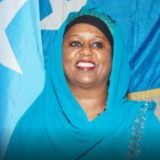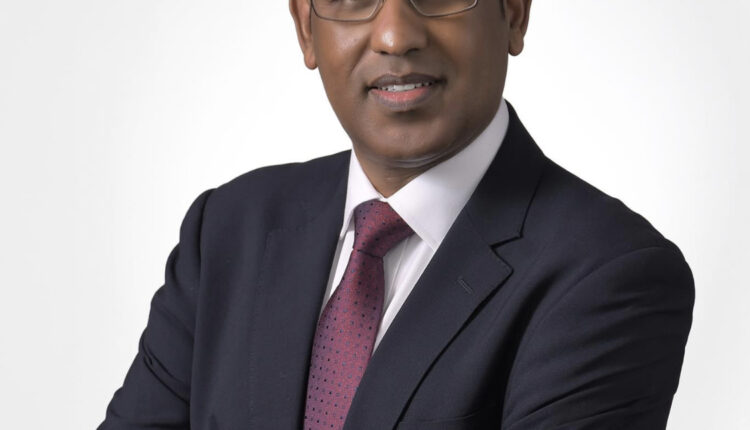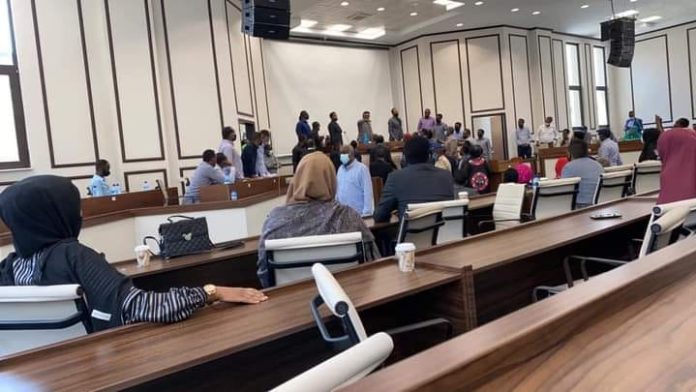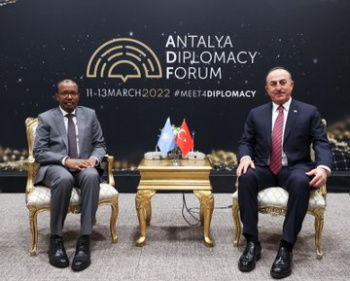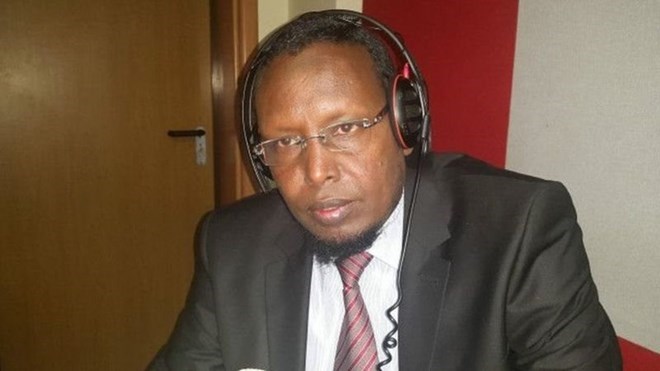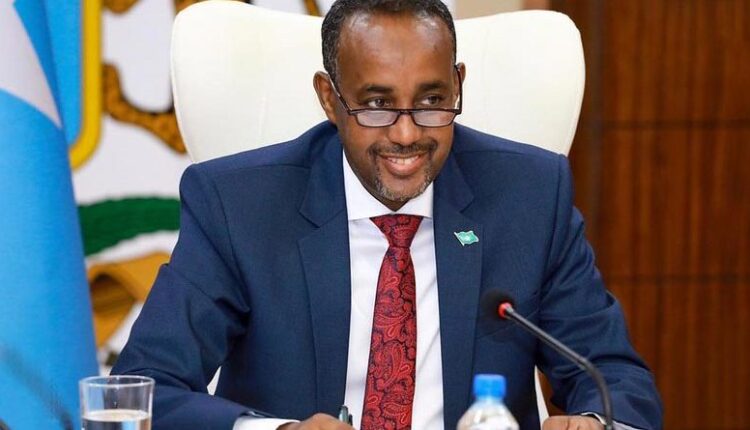Somalia: A New Booklet On Apostasy in Islam Has Rattled Extremist Somali Cleric
It’s not often that we hear of a battle of ideas between reformist the Muslim scholars and fundamentalist clerics of Somalia, who are fighting tooth and nail to silence the voice of moderation and reformation.
Somali Muslim academics are calling for a review of the narrative of the Islamist ideologues that encourages youngsters to participate in a holy war against non-Muslims, and those Muslims they consider to be apostates.
A booklet titled Xadka Riddada Maxaa ka Run Ah? (Is There Punishment for Apostasy in Islam?) and published in Nairobi is a scholarly treatise dealing with the contentious issue of apostasy in Islam and what punishment, if any, is prescribed by Islam.
The book, which is little more than 130 pages, is unsettling the Somali militants as it challenges their misuse of Islam as a political tool.
WAR OF IDEAS
Xadka Riddada, as it is commonly known, seems to be more dangerous for Islamist militants in Somalia than the thousands of troops sent by the African Union to the Horn of Africa nation, or the millions of dollars spent every month fighting Islamist terrorists.
The resistance to the book by radical clerics shows the fight against terrorism is essentially one of ideas rather than military might.
The author, Abdisaid Ismail, is a Somali scholar who studied Economics and Islamic Religion at a university in Saudi Arabia.
He has done extensive research on the issue of apostasy in Islam and freedom of religion, and concluded that Islam does not prescribe the death penalty for apostasy, and that freedom of religion is clearly enshrined in Islam.
The booklet is a counter-narrative to the Islamist position that Muslims cannot abandon their religion and if they do, they should be killed — a doctrine used to justify wanton killings in Somalia.
OBSOLETE APOSTASY LAW
Al-Shabaab militants invoke an obsolete apostasy law in their fight against Somali government officials and soldiers as well as civilians working for the government, whom the radicals accuse of abandoning Islam simply because they oppose the extremists’ out-dated draconian version of Sharia.
The author discusses other issues, including women’s equality with men in the eyes of Islamic Scriptures, a clear break from the Islamist view that a woman is worth half a man and that her place is firmly in the kitchen.
Mr Ismail argues that many of the doctrines in Islam are based on the out-dated Arab socio-economic situation of the sixth century, and that much of the Islamic Jurisprudence now used by Islamists is no more than tribal reading of key religious sources.
He advocates the separation of Mosque and State, so to speak, which is contrary to the rallying call by Islamist jihadists and their ideologues for Sharia as the supreme law in Muslim countries. This call is equivalent to the Bible being declared the law in Christian countries, an unthinkable preposition in this day and age.
WISHY-WASHY MODERATES
Unlike the wishy-washy moderates, Mr Ismail is clear about his position: Islam has been hijacked by extremists as well as by the so-called moderates, who essentially justify the militants’ brutality and oppose real reform.
The extremist clerics denounced the book shortly after it was launched last month in the Somali-populated Eastleigh suburb of Nairobi, known as Little Mogadishu.
The radical clerics launched a concerted onslaught on the booklet, which they described as “a clear apostasy”, effectively accusing the author of the sin that, in their eyes, deserves the death penalty.
Following the opposition to the book, death threats started flying around in social media circles, and soon Ismail found himself kicked out of a hotel in Eastleigh.
SUPPRESSING EXPRESSION
After the radicals also called for the banning and burning of the book, it is now effectively banned from bookshops in Eastleigh, a clear breach of Kenya’s liberal, democratic laws.
It is unfortunate that in Kenya, seen as a beacon of freedom and liberal democracy by Somali intellectuals, who had to flee the oppressive tendencies in their home country, has become a place where freedom of speech and expression is suppressed.
If the extremist clerics’ grip on the youth and their fanatical opposition to any hint of dissent is not addressed, any hope of dissuading Muslim youngsters from being radicalised and used by militants against their society is grim.
Mr Ali is a Somali academic








